Scientists zap anxiety circuit in mice
By shining a beam of light on a single brain circuit, researchers can compel mice to overcome their natural fears and boldly explore a new space, according to a study published 9 March in Nature.
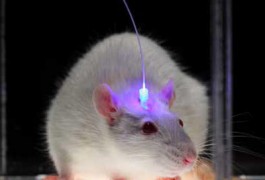
By shining a beam of light on a single brain circuit, researchers can compel mice to overcome their natural fears and boldly explore a new space, according to a study published 9 March in Nature.
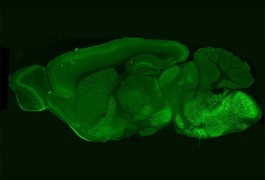
Neuroligin-4, a protein associated with autism, is located at synapses — the junctions between neurons — that inhibit signals in the brain, according to a study published in February in the Proceedings of the National Academy of Sciences. The protein can also single-handedly induce neurons derived from human stem cells to form synapses, according to another study in the same issue.
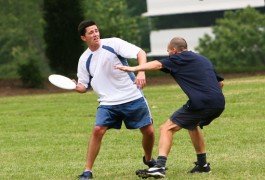
Adults with autism benefit in many ways from choosing their own activities: A new study says they get better at decision-making and their social skills improve.
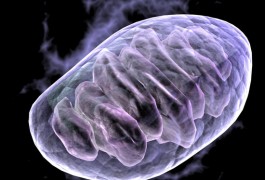
Disrupted-in-schizophrenia 1, or DISC1— a protein associated with both autism and schizophrenia — is involved in the transport of mitochondria, the power-houses of the cell, to their correct locations in neurons, according to a study published in February in Molecular Psychiatry.
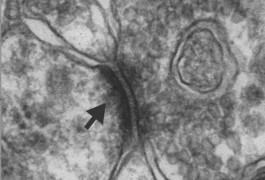
Researchers have created a mouse carrying a deletion in SHANK3, an autism candidate gene, they reported yesterday in Nature. This is the second model of SHANK3 mutations but shows markedly more behavioral and brain defects compared with the first.

A new study shows that just a little bit of testosterone administered under the tongue can lower a woman’s skills at interpreting another person’s emotional state — especially if she has been exposed to high levels of testosterone in utero.

Toddlers with autism have typical — although delayed — language skills, but produce more growls, yells and, especially, squeals than do typically developing children, according to a study published in February in Autism Research.
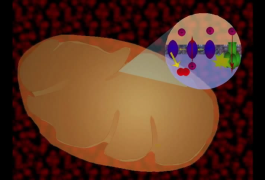
The first study to look at mitochondria — the powerhouses of the cell — in postmortem brain tissue taken from children with autism has found significant abnormalities in their function in some regions of the brain.
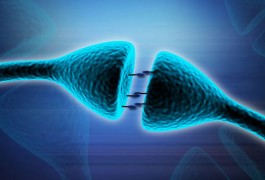
Mutations in a gene that organizes synapses — the junctions between neurons — may increase the risk of autism, according to a study published in February in Autism Research. The study bolsters evidence linking a pathway involved in cell-to-cell communication to autism.
Researchers have extracted and sequenced DNA from 52 postmortem brains from the Autism Tissue Program, providing a resource to study mutations and gene expression differences in the brains of people with the disorder.